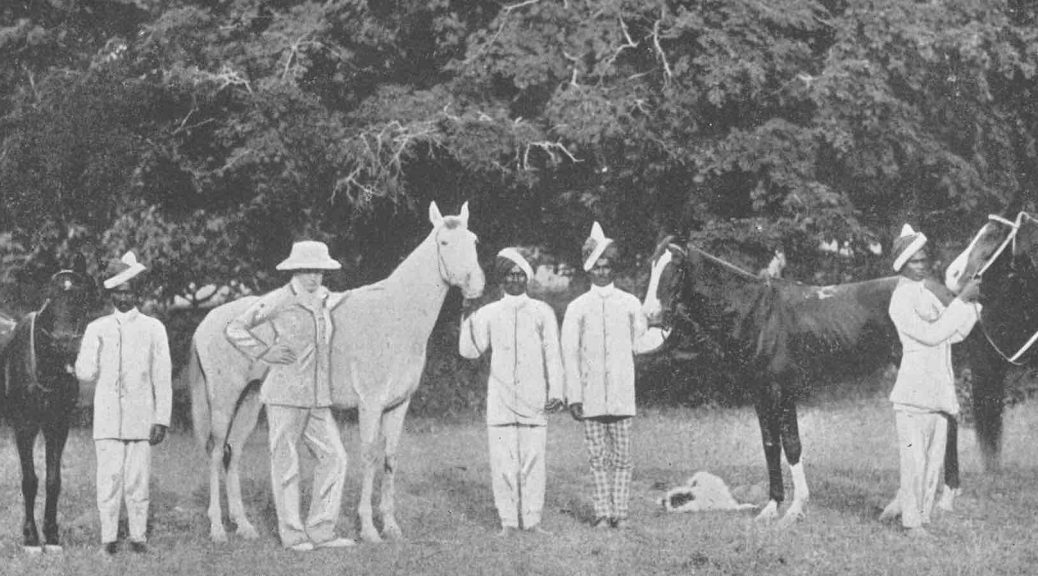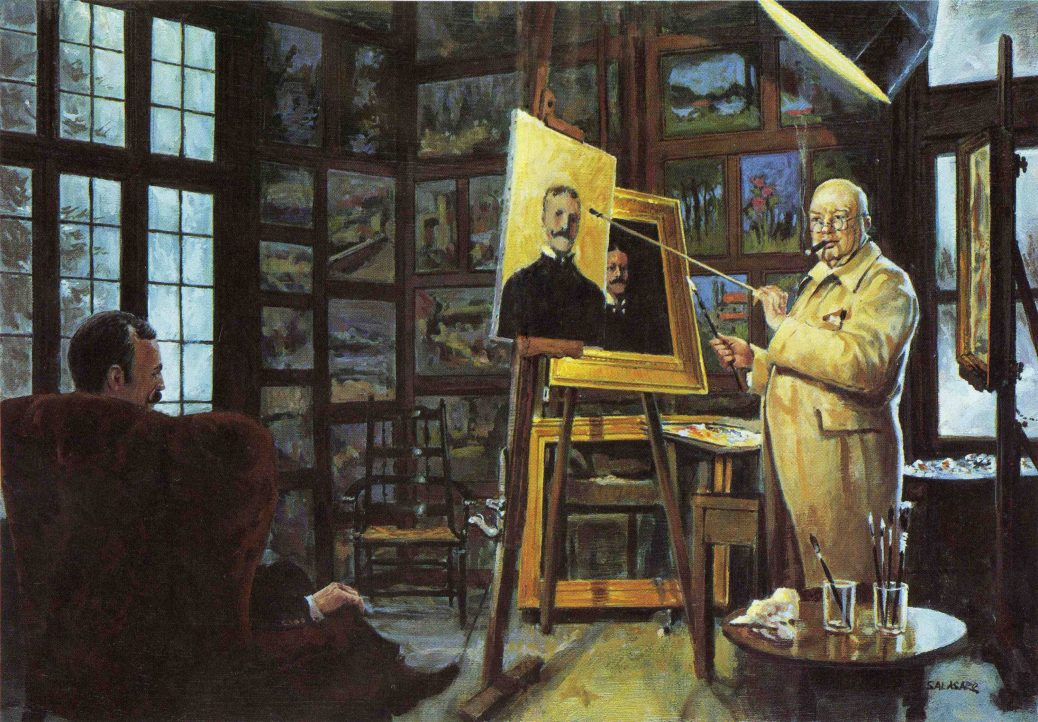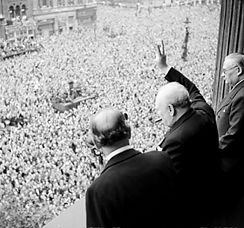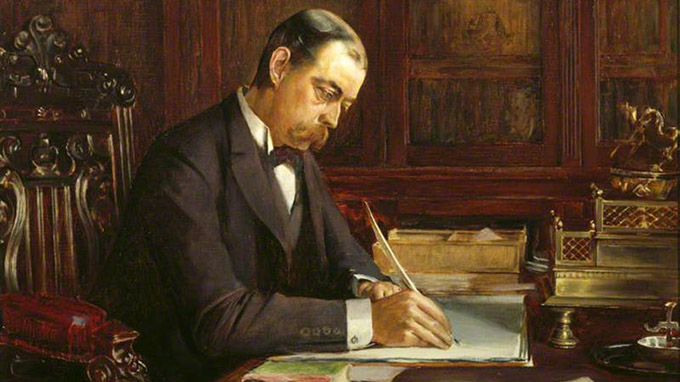
Winston Churchill and Polo, Part 1, by Barbara Langworth
“Winston Churchill and Polo” was first published in 1991. It is now updated and amended, thanks to the rich store of material available in The Churchill Documents published by Hillsdale College Press. This article is abridged without footnotes from the Hillsdale College Churchill Project. For the complete text and footnotes, click here.
==============
Churchill loved polo, which he called “The Emperor of Games.” A contemporary writer’s description of his polo tactics is remindful of much else in the statesmen’s approach to life and politics:
He rides in the game like heavy cavalry getting into position for the assault.…










